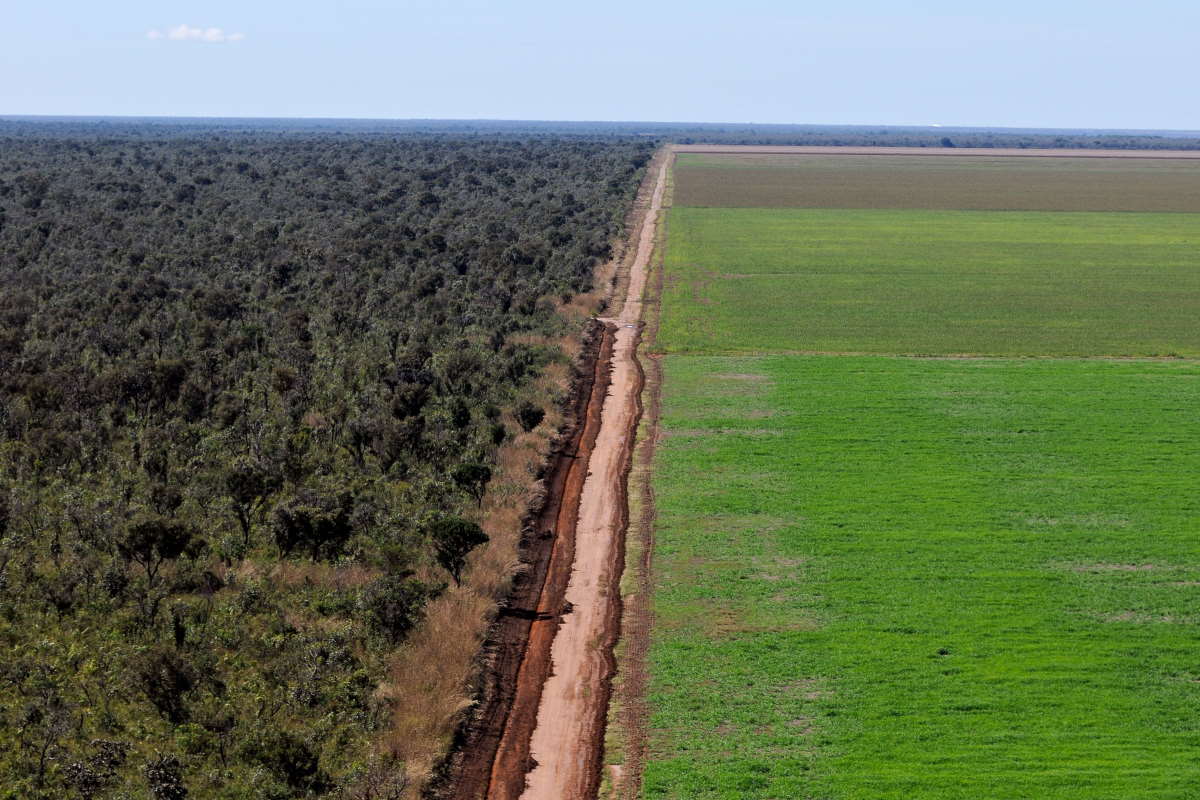The winning photo of the 2024 edition of the prestigious "British Wildlife Photography Awards" competition is a football floating off the coast of Dorset. A balloon that brings with it a colony of invasive crustaceans...

“Ocean Drifter” by Ryan Stalker
This year’s winners of the esteemed “British Wildlife Photography Awards 2024” have been revealed, with the top prize going to an image that stands out among over 14,000 entries from photographers around the globe. The winning photo, a football floating off the coast of Dorset in the United Kingdom, has been crowned the pinnacle of this year’s competition.
Ocean Drifter: A Stark Reminder of Human Impact on Nature
The photograph, titled “Ocean Drifter,” captured by Ryan Stalker, serves as a striking example of the human impact on the natural world. The sight of the football floating above a colony of invasive crustaceans, originally from the Tropics, starkly represents misplaced waste.

“Ocean Drifter” by Ryan Stalker
The photographer pondered the journey the ball had undertaken: the crustaceans, specifically maxillopods, which are typically found clinging to rocks and shipwrecks (not footballs), suggest that the ball had traveled through the Tropics before getting lost in the Atlantic, ultimately ending up on the shores of Dorset.
Waste like this, the photographer remarked, can transport potentially dangerous invasive species from one location to another. “These are the dreadful consequences of human impact on the environment!” he stated, highlighting the urgent need for awareness and action in addressing environmental issues.

